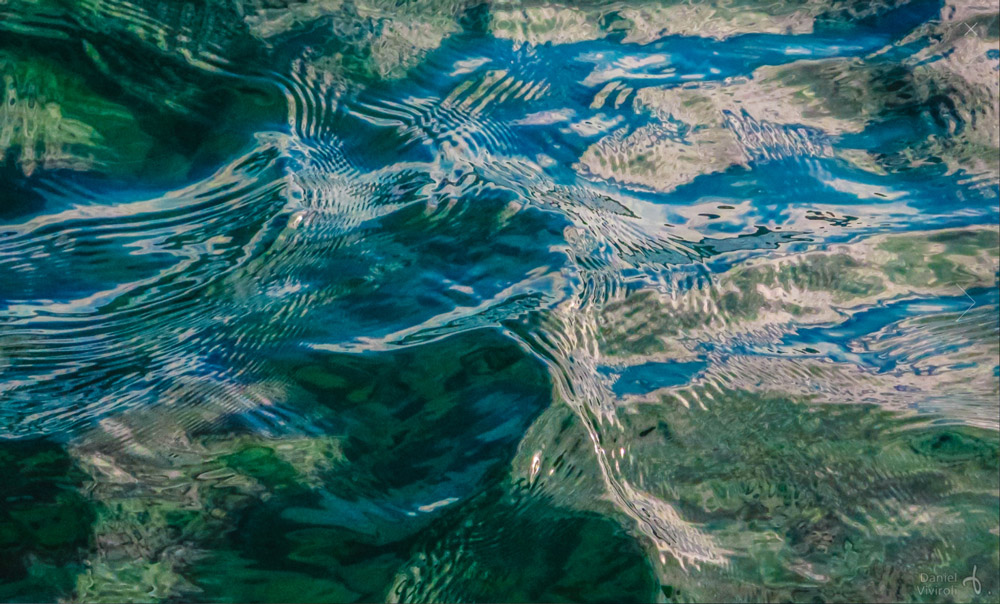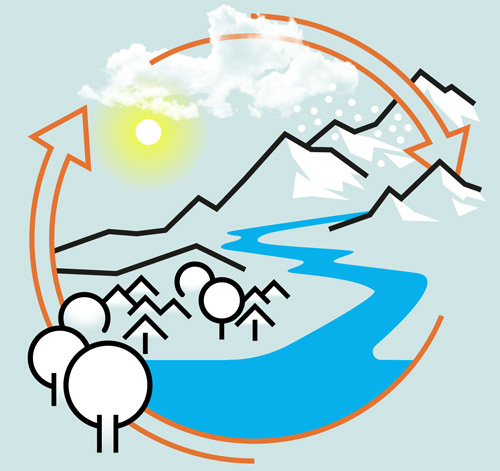#27: Der Weltwassertag fällt ins Wasser
Am 22. März ist Weltwassertag. Dieses Jahr ist der Tag anders als sonst. In Zürich und vielen anderen Orten weltweit mussten die mit viel Engagement geplanten Wasserveranstaltungen abgesagt werden.

Der Weltwassertag fällt ins Wasser. Schade, auch wenn die Absagen natürlich die einzig sinnvolle Entscheidung in dieser Pandemiezeit sind. Das Coronavirus hat uns alle nur zu deutlich daran erinnert, dass Dinge, die wir für gegeben nehmen, nie selbstverständlich sind. Wer hätte noch vor einigen Wochen die drastischen Massnahmen für möglich gehalten, die jetzt weltweit getroffen werden müssen, um unsere Gesundheit zu schützen.
Sauberes Trinkwasser ist etwas, das wir in der Schweiz häufig als selbstverständlich ansehen. Es ist schön, dass dies so ist - aber wirklich sicher für alle Zukunft ist sauberes Trinkwasser auch in der Schweiz nicht. Und in anderen Ländern gibt es bereits heute grösste Probleme, die Bevölkerung mit genügend sauberem Wasser zu versorgen. Dabei ist der Zugang zu sauberem Wasser und zu sanitären Anlagen seit zehn Jahren ein erklärtes Menschenrecht. Da gibt es leider noch viel zu tun.
Aber auch in der Schweiz tun wir gut daran, uns für die Ressource «Sauberes Wasser» einzusetzen. Pestizide, Mikroplastik und andere Verunreinigungen sowie die Auswirkungen der Klimaveränderung sind neue Bedrohungen für das lebenswichtige Wasser. Und wenn der Schaden erst einmal da ist, ist es häufig zu spät, diesen noch gänzlich abzuwenden. Dies gilt für Wasser mindestens so wie für die derzeitige Coronakrise.
Bleibt gesund und stosst mit einem Glas Hahnenwasser auf den Weltwassertag an!
#WorldWaterDay
Jan Seibert
